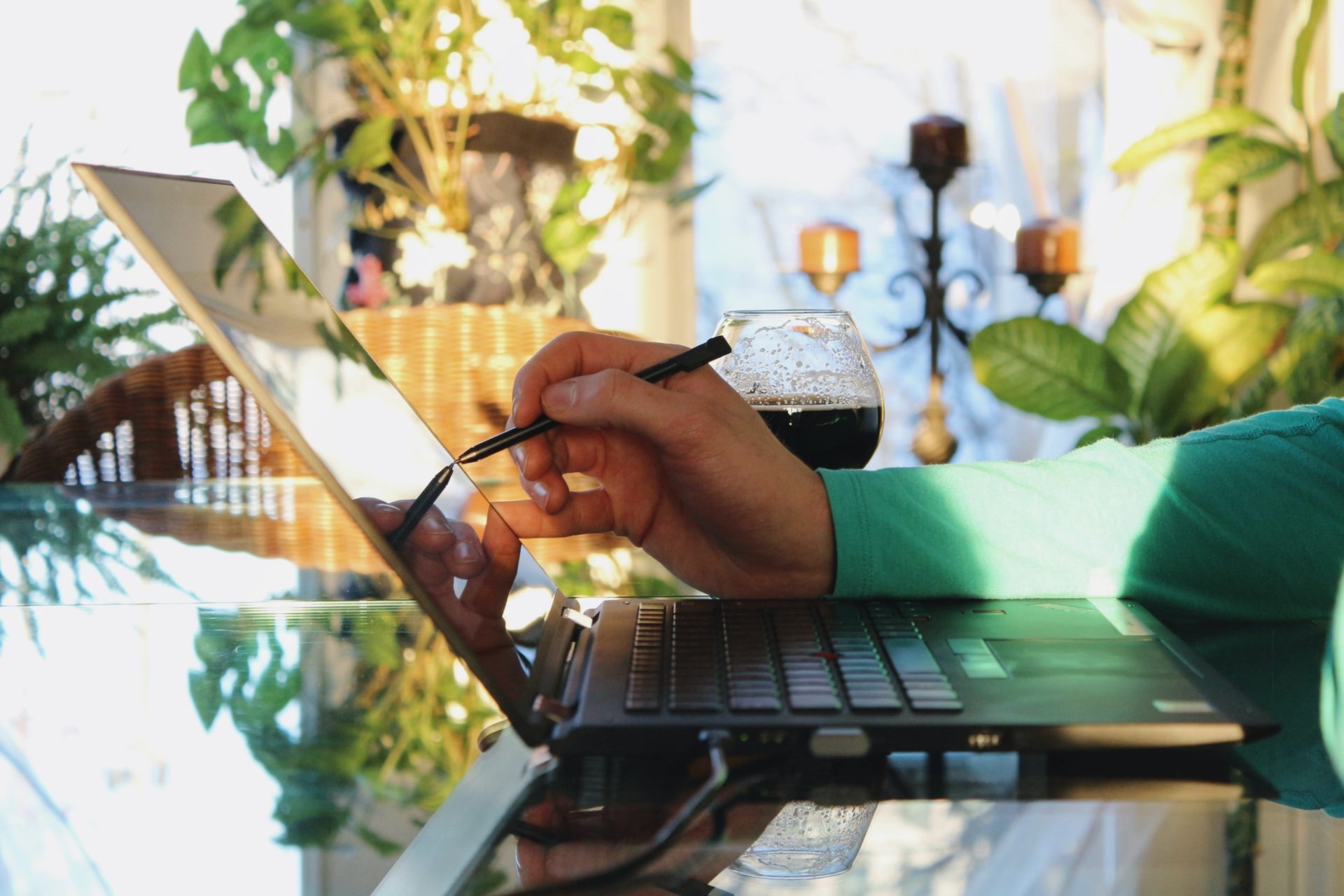LGBT+ in Higher Education: A Story Telling Study
Welcome to our research project, in which we aim to develop new data on the experiences of LGBT+ staff working in UK HE. This builds on a recently completed pilot survey.
For the next phase of our research, which will be undertaken from January to the 31st of March, one of our key aims is to gather together qualitative accounts from LGBT+ people working in HE institutions across the UK, pulling together stories that reveal close-up contextual details as these pertain to everyday working practices amidst and everyday life-worlds and work environments. In order to gather together a diverse range of representations, we are asking for participants to contribute entries in the form of narratives and/or other creative representations. You can do this via a range of options as outlined below. You are welcome to take up one of these options and make a single submission to our project, or you can take up 2 or three options. You can submit entries at any time during the course of the project (until March 31st 2022) by sending them to LGBThigherdeducation@gmail.com. During the time frame of the project we will post prompts and suggested themes to the project website, which we hope might help to stimulate your engagement.
Story Formats
A Story of Personal Experience: One way we are asking participants to take part is to offer a one-off reflexive narrative about their experiences as an LGBT+ person working in UK HE.
This could be in the form of a first person written account, a fictionalised piece of writing, or other forms of creative representation, such as poetry or an ethnographic entry. This is an opportunity to engage the forms of writing that interest you to convey something about your everyday working life. We are especially interested submissions that convey the intimate qualities of HE life-worlds from the point of view LGBT+ persons.
Diaries: Some participants may wish to make more than one submission to the project. For those interested in offering a more longitudinal perspective we invite diary entries.
These could be in the form 3 or 4 accounts put together over a number of weeks or months, or a more regular record. Individual diary entries could be in the form of a couple of sentences of longer accounts – according to participants’ time availability and interest. We are open minded about the format of diary entries, and you can either send these to the research team on a periodic basis or submit a batch of records in one go. The timeframe of diary entries is up to you, although we ask that you submit your record by November 2021 at the latest, as this will allow us to include your account in our first round of analysis.
Visual/Creative Record: Some participants may wish to record their experiences in non-written form. We encourage submissions in visual and creative forms. These may not offer literal, descriptive accounts but may suggest themes salient to understanding LGBT+ experiences of working HE from alternative perspectives.
Burkard Sievers, for example, once asked students to visually capture experiences of loneliness and isolation on a university campus, using photography. We suggest that you might want to compose similar visual records of LGBT+ experiences that convey the emotional experiences of your working environments – be this in respective of positive, negative or ambiguous emotions. The themes and forms of expression are open to you to decide; one image or a series; photography, drawing, textiles etc.
Overall, we seek to open up a space in our research for participants to share and shape the forms of expression that will inform our findings. A key finding from our pilot survey has been that LGBT+ people’s experiences of microaggression, for example, may not lend themselves to straightforward representation, but might best be conveyed via indirect of creative means. We found that this was vital to understanding tacit and implied experiences of prejudice in UK HE working contexts, as it may also pertain to expressing more positive or supportive experiences.
Therefore, we aim to open up space for the critical important task of allowing LGBT+ experiences of UK HE to surface and be told across a range of representational formats. The qualitative accounts that we gather will be combined with survey and interview data to compose a full-spectrum picture of experiences as told across varied forms of expression. In doing so we aim to compose a diversely grounded, mixed methods picture of LGBT+ working lives in the HE sector.
If you wish to take part in the Story Telling project we ask that you contact us at LGBThighereducation@gmail.com . We would be happy to discuss your planned work with you and to support you in anyway possible. We understand that many, if not all, people working in the HE sector are already working under heavy workloads. We do not wish to add to your work with unreasonable expectations of how you might take part in our project. Any form of representation that you make will make an important contribution.
